Congratulations are due to BU’s Midwifery Lecturer Laura Stedman whose abstract ‘The impact of neonatal intensive care admission at term following gestational diabetes mellitus: A neglected area’ has been accepted for presentation at the 2026 ICM (International Confederation of Midwives) in Lisbon, Portugal. Also congratulations to BU’s Lead Midwife for Education, Dr. Juliet Wood. She been accepted to present a workshop at the ICM Congress under the heading ‘Supporting student midwife confidence to facilitate physiologic birth: A workshop for clinical and academic faculty‘. The latter workshop is a proper international collaboration as the team also includes colleagues from Northern Ireland, the USA, Poland and Australia.
 The ICM works with midwives and midwives’ associations globally to ensure that women and gender diverse people have access to a midwife’s care before, during and after childbirth. We advocate for midwives to practise the full scope of our profession, providing education, sexual and reproductive health services and newborn care.
The ICM works with midwives and midwives’ associations globally to ensure that women and gender diverse people have access to a midwife’s care before, during and after childbirth. We advocate for midwives to practise the full scope of our profession, providing education, sexual and reproductive health services and newborn care.
Prof. Edwin van Teijlingen
Centre for Midwifery & Women’s Health

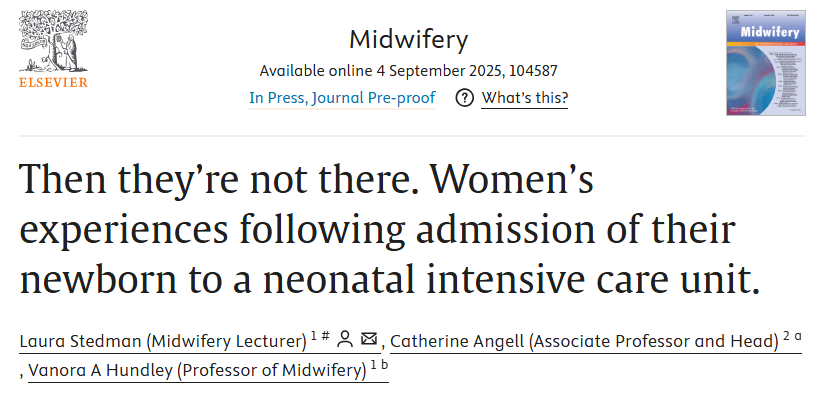

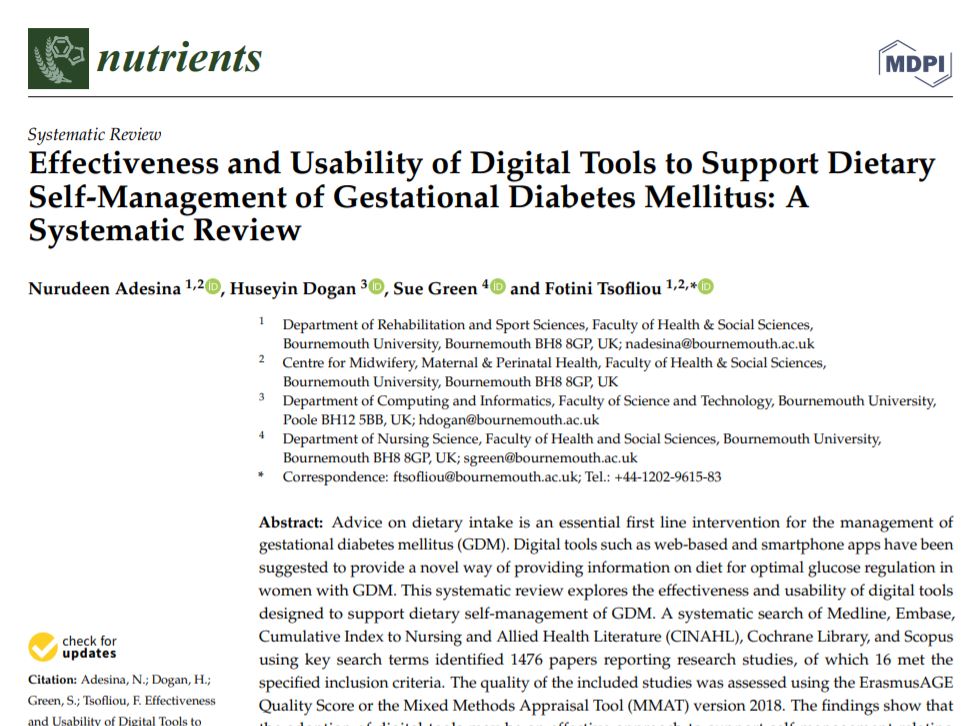
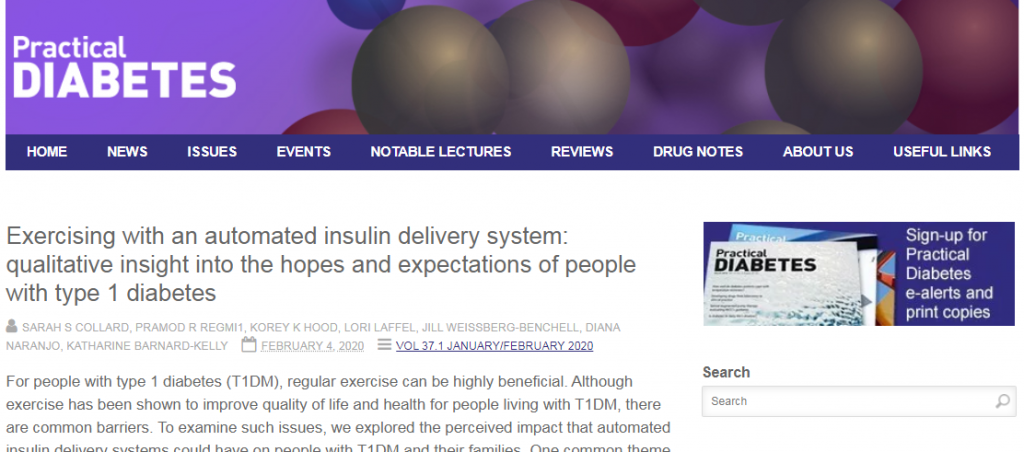
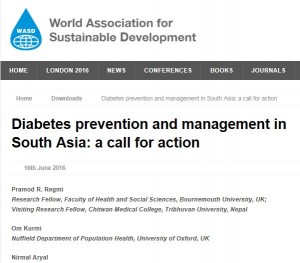
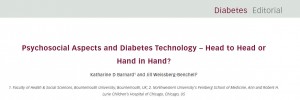
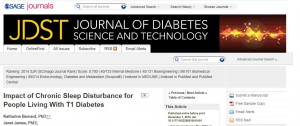

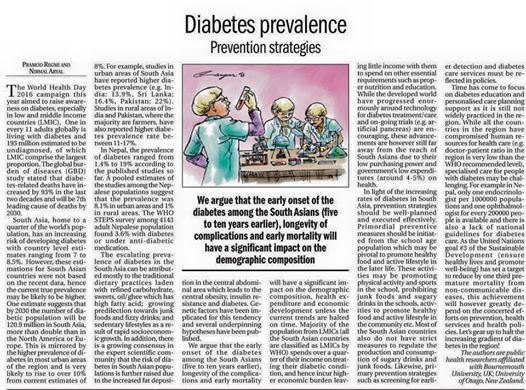











 New CMWH paper on maternity care
New CMWH paper on maternity care From Sustainable Research to Sustainable Research Lives: Reflections from the SPROUT Network Event
From Sustainable Research to Sustainable Research Lives: Reflections from the SPROUT Network Event ECR Funding Open Call: Research Culture & Community Grant – Apply now
ECR Funding Open Call: Research Culture & Community Grant – Apply now ECR Funding Open Call: Research Culture & Community Grant – Application Deadline Friday 12 December
ECR Funding Open Call: Research Culture & Community Grant – Application Deadline Friday 12 December MSCA Postdoctoral Fellowships 2025 Call
MSCA Postdoctoral Fellowships 2025 Call ERC Advanced Grant 2025 Webinar
ERC Advanced Grant 2025 Webinar Update on UKRO services
Update on UKRO services European research project exploring use of ‘virtual twins’ to better manage metabolic associated fatty liver disease
European research project exploring use of ‘virtual twins’ to better manage metabolic associated fatty liver disease